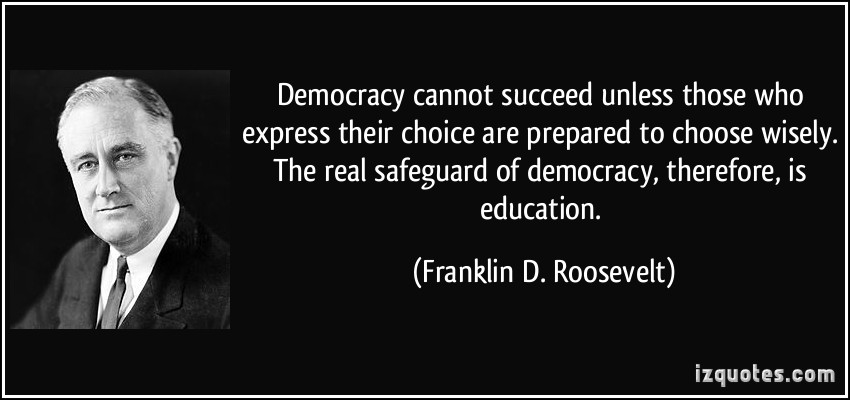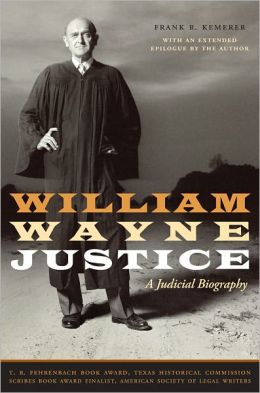 GOVT 2305 students won't be getting into foreign policy for some time, but the conflict with ISIS will be with us a while - almost certainly throughout this semester - so here are a few readings which will let us get up to date on what it is exactly, and what threats it does and does not pose to the United States.
GOVT 2305 students won't be getting into foreign policy for some time, but the conflict with ISIS will be with us a while - almost certainly throughout this semester - so here are a few readings which will let us get up to date on what it is exactly, and what threats it does and does not pose to the United States.These also touch on the range of options that exist for how to handle the group, which is an example of the policy formulation stage of the public policy process - part of the subject matter of week 2. Before that can be done successfully its good to have a firm grasp of what led to the rise of the group - as well as others.
Peruse through these at your leisure:
- ISIS Annual Report 2013.
- ISIS as Start-Up: Explosive Growth, Highly Disruptive, Super-Evil.
- The Sickness that gave birth to ISIS.
- ISIS Isn’t the Real Enemy. The “Game of Thrones” Medieval Mindset That Birthed It Is.
- You Can't Understand ISIS If You Don't Know the History of Wahhabism in Saudi Arabia.
An article titled Fathers of ISIS lists these six factors giving rise to this and other similar groups:
1 - Decades of despotism in Iraq and Syria
2 - The American invasion of Iraq in 2003
3 - Iranian regional meddling
4 - The growth of Salafist networks
5 - A belief that seventh-century religious ideas can solve modern problems
6 - An environment of violence
I don't know nearly enough to challenge these. They sound like a good place to start.

















